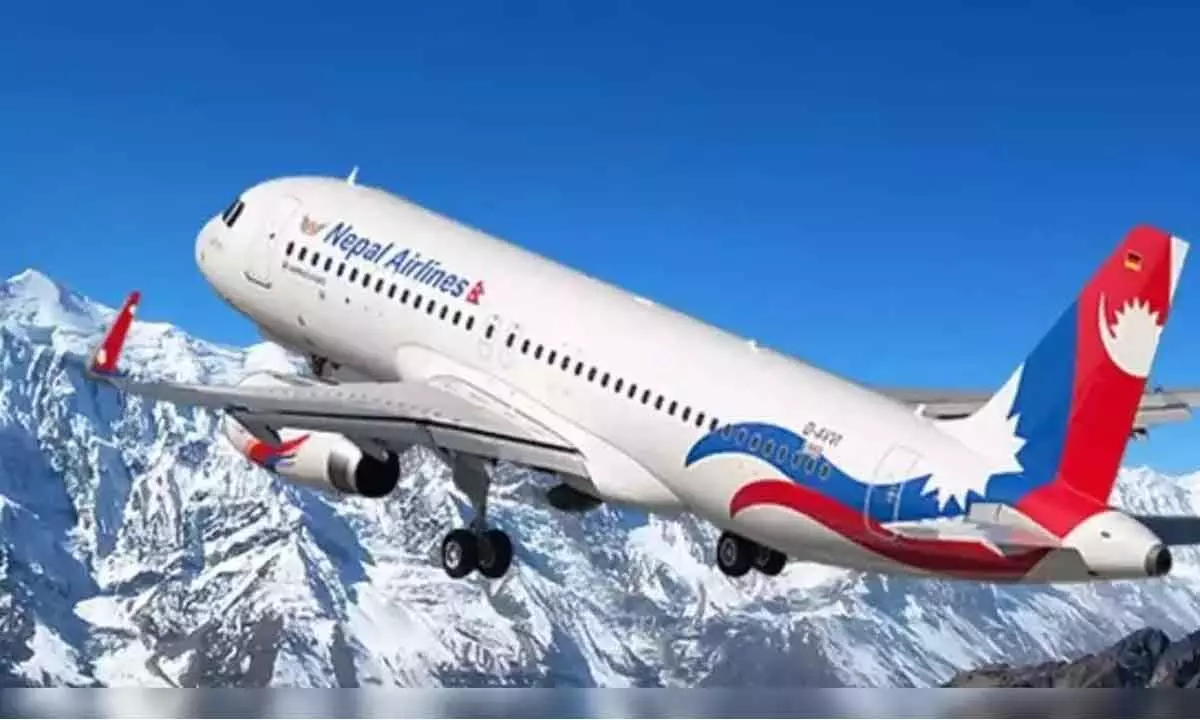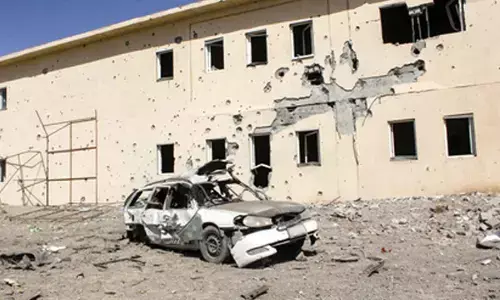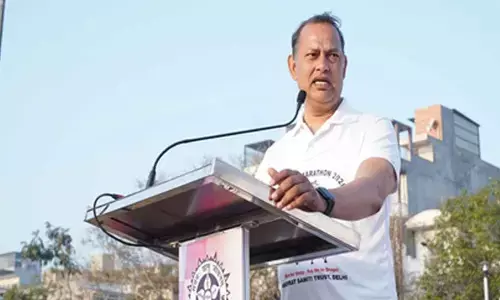Think twice before flying to Nepal

Yet another air tragedy in Nepal has claimed 72 lives afresh. This has become a regular feature in Nepal. The ill-fated flight was that of Yeti Airlines, a private operator and the flight was going to Pokhara from Kathmandu.
Yet another air tragedy in Nepal has claimed 72 lives afresh. This has become a regular feature in Nepal. The ill-fated flight was that of Yeti Airlines, a private operator and the flight was going to Pokhara from Kathmandu. Most of the tourists going to Nepal obviously prefer to fly to tourist attractions due to various reasons - accessibility mainly. The mountainous terrain is difficult to negotiate by roads and visitors take the small aircraft to reach the highly sought-after destinations such as Pokhara.
But, why is the situation so precarious in Nepal? Himalayan weather is unpredictable, no doubt. Even experienced pilots find it difficult to negotiate the vicissitudes of weather. Apart from media reports against such tragedies, one does not find any commotion or protests in the country despite the fact that the accidents occur at fairly regular intervals. Perhaps, it is because most of those who perish are foreigners in such crashes. The apathy of the authorities and the Government of Nepal is evident in the unchanging situation.
The watchdog International Civil Aviation Organisation of the United Nations has formally asked Nepal to split the civil aviation body into two entities— service provider and regulator. The separation is a crucial organisational reform agenda which has been a work in progress for the last one-and-a-half decades. ICAO said in its Nepal audit draft report sometime back that the move was needed to "ensure a clear separation of authority between the service providers, operators and the regulatory authority." A local newspaper in fact highlighted the same to draw the government's attention too.
This is the first time that ICAO, which creates regulations for aviation safety, security and efficiency globally, has clearly written to Nepal to perform the functional separation. ICAO has made this issue a high priority. Around the same time a team of auditors from the UN scrutinized Nepal's aviation for 10 days. It became necessary for the UN to do so because of the poor organisational structure of Nepal airlines. The airlines operating in the country did not even fulfil the basic structure and its requirements. They hardly implemented not even half of the conditions. It is surprising that Nepal does not impose these restrictions.
Reports suggest that the Nepal government first announced the proposal in its Three Year Interim Plan 2007-08 to 2009-10, which stated, "In the context of the completion of the study on the institutional strengthening of the Civil Aviation Authority of Nepal, which has been working as the service provider in civil aviation, airport operator and regulator; implementation of doable recommendations suggested by the report are being considered." Local media too wondered why something as crucial as separation of the structure and powers does not take place despite the loss of life.
Why has the plan never been implemented? It seems some unseen hand does not like it. The bills to separate the organisation have been pending in its Parliament. No one questions it and no explanations are offered. It is refusing to heed to advice and even pressure from the international bodies. Under these circumstances, the option of flying should be left to the flyers' discretion alone. The very fact that the airline operators in Nepal do not respect any international guidelines should make the tourists think twice before planning to fly in the country.








